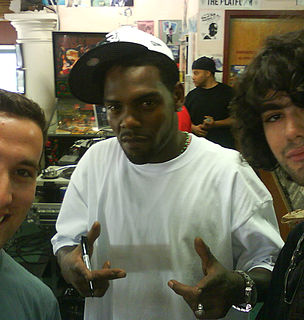A Quote by Roger Corman
My father was an engineer, .. But I found out that the film critics for the Stanford Daily got free passes for all the films. So I became first an assistant critic and then the main film critic. Those free passes changed my life.
Related Quotes
When I started I had no knowledge of films whatsoever. I was an engineering major at Stanford. And I found out as a senior that they had two film critics on the Stanford Daily, and they got free passes to all the theaters in Palo Alto. So I thought, I'll do that, and I became a film critic. And then I became interested in films. But I had no time to study anything in that area because I was a senior, just finishing up as engineering.
You find very few critics who approach their job with a combination of information and enthusiasm and humility that makes for a good critic. But there is nothing wrong with critics as long as people don't pay any attention to them. I mean, nobody wants to put them out of a job and a good critic is not necessarily a dead critic. It's just that people take what a critic says as a fact rather than an opinion, and you have to know whether the opinion of the critic is informed or uninformed, intelligent of stupid -- but most people don't take the trouble.
I first came to cinema as a passionate filmgoer, when I was a child. Then, when I was a very young man, I became a film critic precisely because of my knowledge of cinema. I did better than others because of this. Then I moved on to screenwriting. I wrote a film with Sergio Leone, 'Once Upon a Time in the West.' And then I moved to directing.
From the very beginning, all of my films have divided the critics. Some have thought them wonderful, and others have found very little good to say. But subsequent critical opinion has always resulted in a very remarkable shift to the favorable. In one instance, the same critic who originally rapped the film has several years later put it on an all-time best list. But of course, the lasting and ultimately most important reputation of a film is not based on reviews, but on what, if anything, people say about it over the years, and on how much affection for it they have.
I'm my biggest critic. I want there to be no flaws when you hear it. When I think that maybe it's ready, I just hop in my car it's gotta have some bump - and go to corner stores, youngsters on the block, play it for anyone. If they get into it, I get a reaction, the song passes the hyphy test. If it's just cool, we throw it away; it's not going on the record. But if it makes you wanna move - seriously - if it makes you react the same way I felt, then it passes.
I was the first critic ever to win a Tony - for co-authoring 'Elaine Stritch at Liberty.' Criticism is a life without risk; the critic is risking his opinion, the maker is risking his life. It's a humbling thought but important for the critic to keep it in mind - a thought he can only know if he's made something himself.
I've stopped going to see art films because every critic gives them four stars and say things like 'masterpiece,' 'spellbinding' and 'mesmerizing.' I mean, they're doing that with my film, but I don't want to use those blurbs. Critical reviews aren't worth too much anymore because just about every film can get one or two of them.
Nowadays, a critic has to watch 700, 800 films a year, and I know through experience, being a juror in prestigious film festivals where supposedly the best films are arriving, from twenty films maybe you see two that are good, one that is so-so, and one that is extraordinary. And the other sixteen are terrible.


































